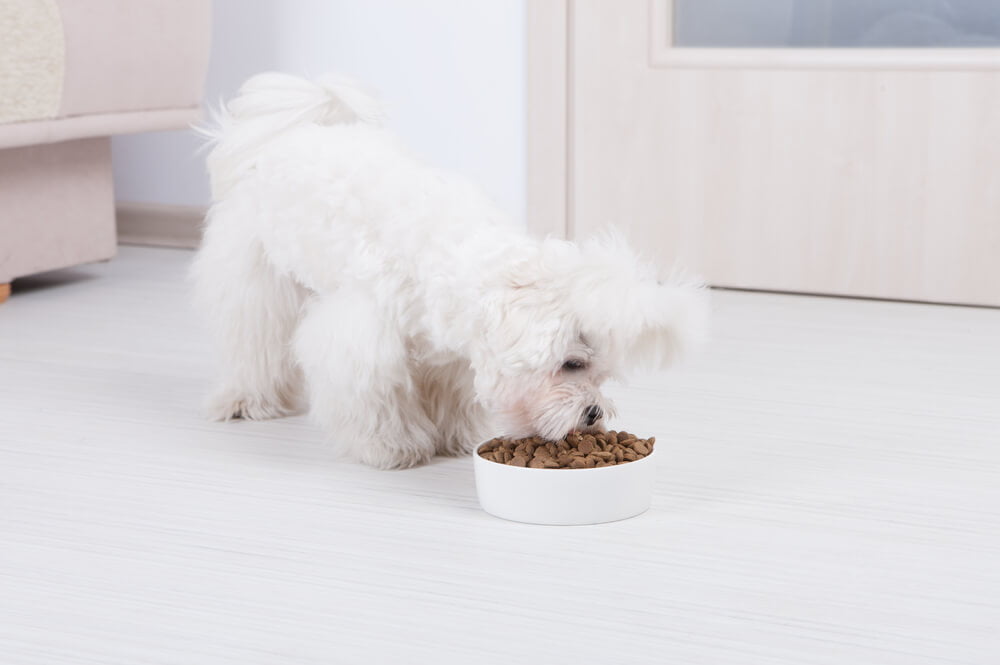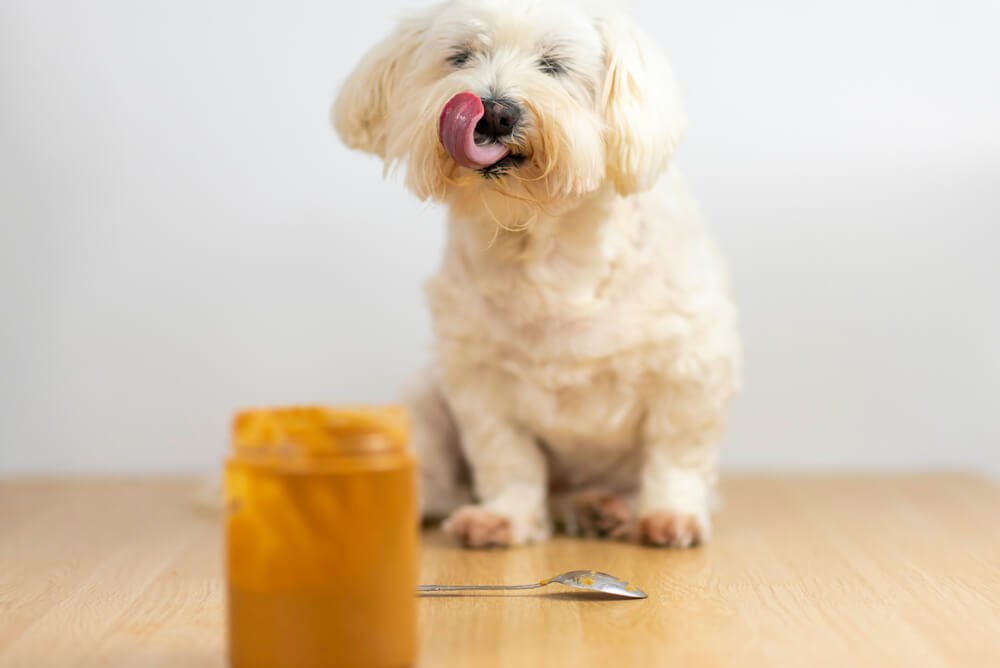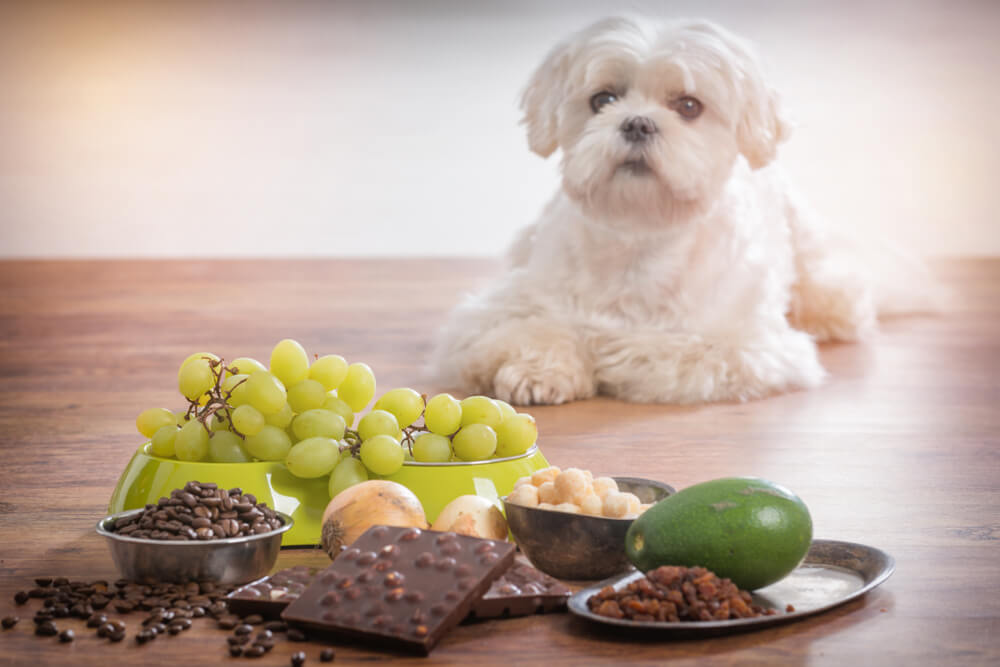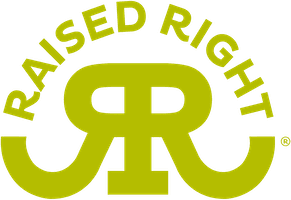
Knowing what to feed your dog and what not to feed them is an important part of being a responsible pet parent. But sometimes, the answer isn’t simple. For example, you might think feeding any dog food is fine, but not all dog food is equal in terms of taste, nutrition, and health benefits. Similarly, you might take the view that as long as it’s not toxic, you are safe to feed it to your four-legged friend. However, by feeding your dog lots of tasty little extras, you might be encouraging them to be pickier and pickier, as well as widening their waistline! So, let’s find out what a Maltese can eat.
What should you feed your Maltese?
If you’re wondering about which dog food is best, there are a few things to consider. When choosing the perfect dog food, try to think about the following factors:
Puppy
If your Maltese is a youngster and they’re still growing, they’ll need lots of energy from their food. This means frequent meals and designated puppy food with plenty of protein to support their growth as well as nutrients like fatty acids, vitamins, and minerals to help their development.
Senior
If your Maltese is in their golden years, they’ll need healthy fats to help maintain their brain function and keep their joints flexible. Protein is also important for maintaining muscle mass, although certain conditions, like kidney disease, might require a low-protein diet.
Limited Ingredients

Feeding a limited ingredient diet can help reduce the chance of developing a skin allergy.
Maltese dogs can get itchy skin caused by allergies. Many canine food allergies are caused by feeding dog foods with long ingredient lists, so feeding a limited ingredient diet can help reduce the chance of an allergy, as well as give you more control over what you put in your dog’s mouth.
Keep The Appeal
Maltese dogs and similar small breeds are known for being fussy with their food. It can be really frustrating if you’re constantly trying to find something that your picky dog will eat. Choosing “home cooked style” dog food that contains human-grade meats can help to keep your picky pooch interested. Additionally, it’s a good idea to rotate between a variety of recipes to help keep things exciting at mealtime.
Low Carbohydrate
Keeping the carbohydrate level down will stop your dog’s blood sugar from fluctuating too much after meals, and could help reduce your dog’s risk of developing diabetes. Similarly, just like humans, a diet that’s lower in sugar will help to prevent obesity. The other, lesser-known, benefit of a diet that’s lower in carbs, is that there’s less glucose available for inflammatory diseases. Since all inflammation in the body uses glucose, a diet that’s lower in carbohydrates could actually reduce or limit inflammation.
What human foods can a Maltese eat?

If your dog tolerates a tiny amount of human food that’s safe for them without getting an upset stomach, you can try them with a little more next time.
Whenever you offer your dog human food, you should make sure it’s not toxic first and start with a tiny amount. If your dog tolerates a tiny amount without getting an upset stomach, you can try them with a little more next time. Lean meat, vegetables like carrots, broccoli, and cucumber, and fruits like apples, blueberries, and cranberries, are safe for your dog in moderation.
What should you not feed your Maltese?

Chocolate, grapes, raisins, avocados, onions, and garlic are just some examples of foods that are toxic to dogs.
Toxic Foods
Chocolate, chewing gum (and other foods containing Xylitol), grapes, onions, and garlic are just some examples of foods that are toxic to dogs. If your dog eats something toxic, you should contact your veterinarian right away. And remember, if you’re offering your dog part of your meal, the sauces or seasonings could contain toxic ingredients, even if the main meat or vegetable is fine.
Fatty Foods
Foods that contain a lot of fat, like fatty cuts of meat, cheese, or ice cream could make your dog unwell. A fatty meal can cause irritation and inflammation to the pancreas gland, leading to a painful flare of pancreatitis. This doesn’t just cause vomiting and diarrhea, but severe pain and sometimes dehydration.
Dairy
All dogs are lactose intolerant to some extent, so it’s best to avoid milk, cheese, and other dairy products. If your dog has had cheese before with no issues, they may be able to tolerate small amounts without a reaction. However, cheese isn’t a healthy snack so keep an eye on their waistline!
Excessive Treats
Because Maltese dogs are often very fussy, it’s not a good idea to get them used to having lots of treats. They’ll get into the habit of turning their nose up at their dog food in favor of something tastier, and over time they might not get all the nutrients they need. It’s also worth remembering that dogs shouldn’t eat lots of junk food, just like we shouldn’t, otherwise they could develop health issues like obesity, joint pain, or diabetes.
FAQ
What Should I Feed My Maltese?
Because Maltese dogs are usually quite picky, it’s a good idea to rotate them between a variety of recipes to help keep things exciting for them.
Can Maltese eat fruit?
Some fruits are safe for dogs to eat, including apples, blueberries, cranberries, and strawberries. However, strawberries are high in sugar so they should only be given in moderation.
What vegetables can my Maltese eat?
If you’re feeding a complete & balanced diet then your dog’s food will provide all the nutrition they need, but if you want to give them some extra vegetables as a treat, carrots are a great option. They’ll keep their teeth healthy and bulk up their stools so that their anal glands are less likely to fill.
What foods are Maltese allergic to?
Any dog breed can be allergic to almost anything. By feeding a limited ingredient diet, you can reduce the allergens your dog is exposed to which should help.
If you have a French Bulldog rather than a Maltese, here’s how to choose the best diet for your French Bulldog.



